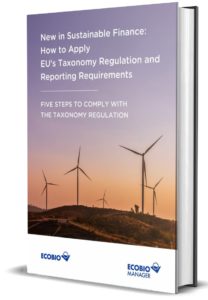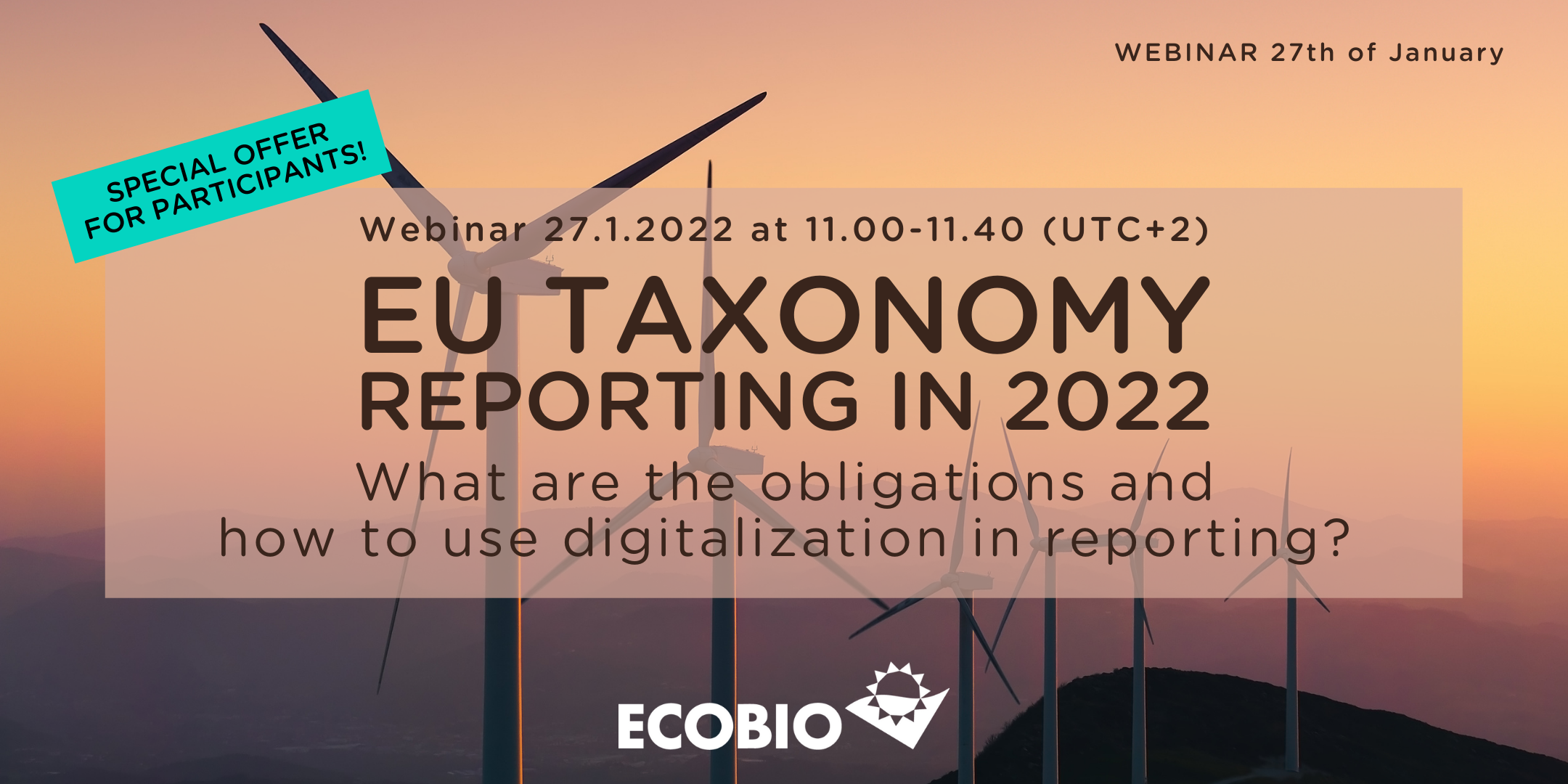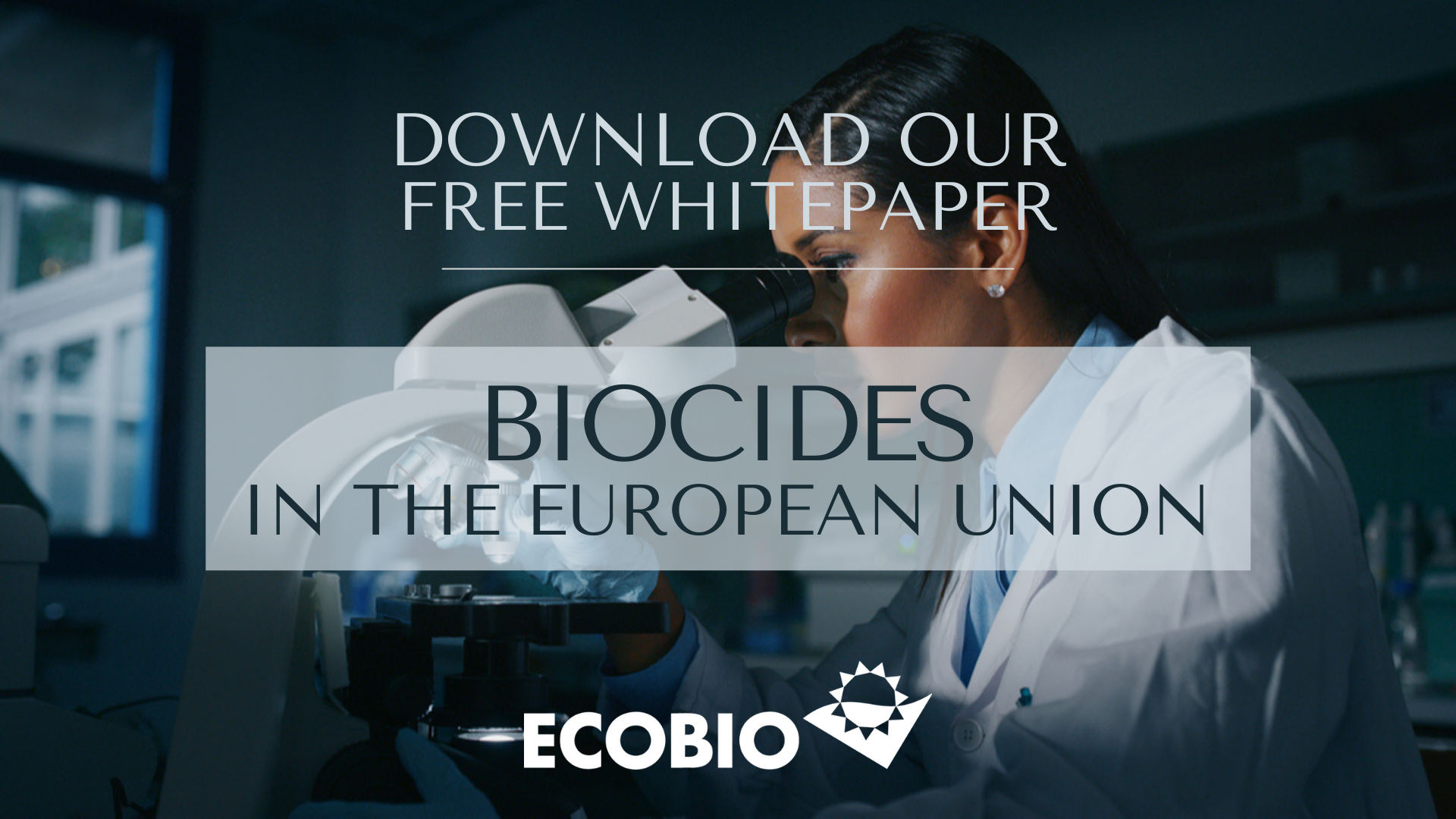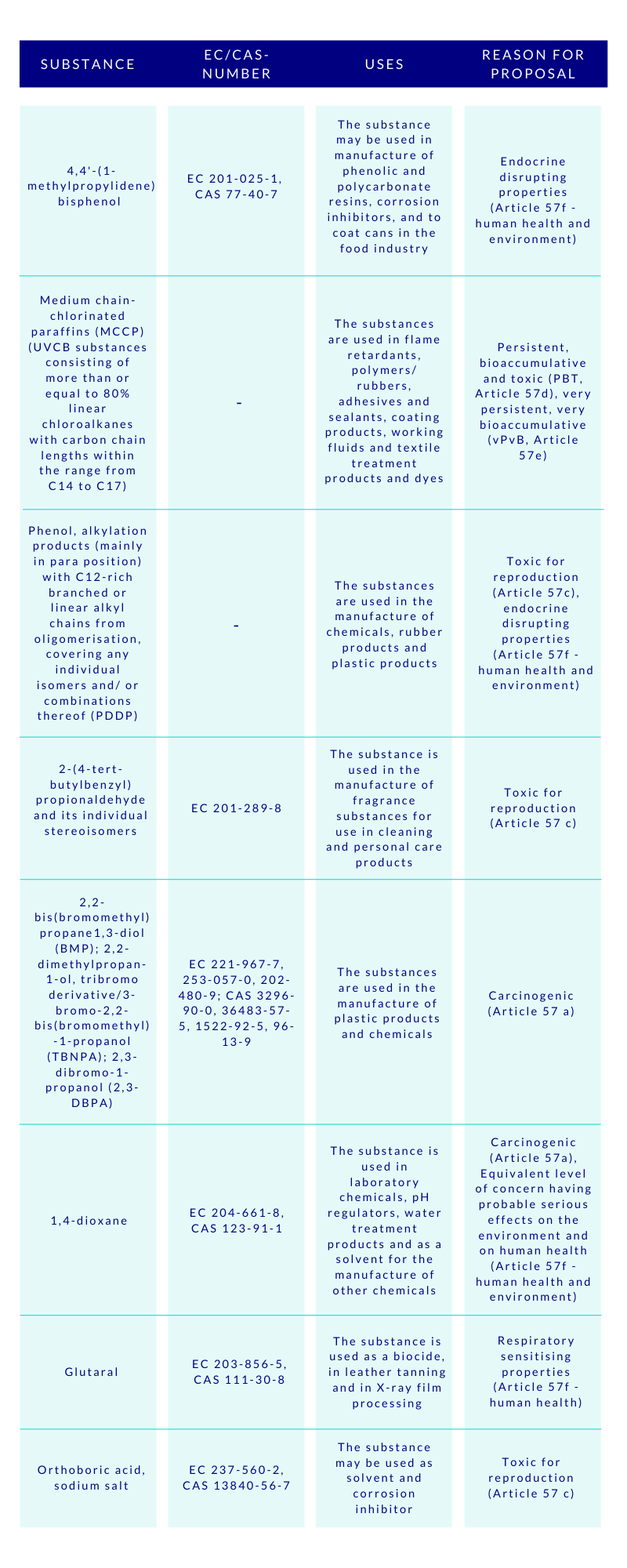
The European Commission has published a draft version of a Delegated Act to supplement article 8 in the Taxonomy Regulation (EU) 2020/852. This supplementation specifies the content and presentation of the information concerning environmentally sustainable economic activities and specifies the methodology to comply with that disclosure obligation.
EU strives to channel capital towards sustainable investment
One of the key objectives of the European Commission’s action plan on financing sustainable growth is to reorient capital flows towards sustainable investment and ensure market transparency. To achieve this, EU Taxonomy (EU 2020/852) was created, a classification system for sustainable activities. The EU Taxonomy is a robust and science-based tool for companies and investors that provides criteria for determining which economic activities substantially contribute to the Green Deal objectives.
EU Taxonomy KPIs to help understand companies’ sustainability
The drafted Delegated Act further specifies the content, methodology, and presentation of the information in the Taxonomy Regulation. The Delegated Act allows companies to translate the technical screening criteria of the Climate Delegated Act (and in the future Environmental Delegated Act) into quantitative economic performance indicators, KPIs, which will be publicly disclosed. This helps investors and the public to better understand the companies’ impact towards sustainability trough the annual publication of their KPIs. This will increase transparency on the market and help prevent greenwashing.
The Taxonomy Regulation and the published Delegated act complement the NFRD (Non-Financial Reporting-Directive) and SFDR (Sustainable Finance Disclosure Regulation) by providing a common reference point for reporting the degree of alignment with sustainable activities.
Market fields receive separate instructions for reporting
The Taxonomy-related disclosures will create an entire ecosystem of sustainable finance tools, including standards, labels, and access to a coherent and relevant set of sustainability data. These on the other hand are necessary to channel capital towards the investments needed to reach the EU’s sustainability goals.
The Delegated Act includes separate instructions for different market fields regarding sustainable reporting with KPIs. These fields are non-financial undertakings, asset managers, credit institutions, investment firms, and insurance and reinsurance undertakings.
The drafted delegated act was open for feedback until 2 June. A lot of the feedback highlights the need to simplify and clarify the KPIs that should be reported, inconsistencies between reporting deadlines and availability of data, and a potential need for a longer transition period before reporting starts. Commentaries have also commented on the need to better align the reporting scope and application timelines in this delegated act with the CSRD (Corporate Sustainability Reporting Directive, the proposed amendment of the NFRD).
The challenge of reaching compliance with the Taxonomy Regulation
Many of the respondents that commented on the Commission’s publishment mentioned the challenge of collecting Taxonomy compliance data within companies and assigning this data to specific business lines. Ecobio’s sustainability experts familiar with the Taxonomy requirements and experts in EHS requirements will help your company meet the expectations of the Taxonomy Regulation. Ecobio’s sustainable finance services helps you to identify your sustainable economic activities and report your alignment with the Taxonomy. Read more about our services regarding Sustainable Finance here!
With our Ecobio Manager legislation compliance tool, companies can assess compliance with the do-no-significant-harm requirements and minimum safeguards as well as follow up on relevant legislation development. Read more about Ecobio Manager here!
Do you want to hear more? Kindly contact us:

Katrine Hoset
Account Manager, Senior Consultant
katrine.hoset@ecobio.fi
+358 (0)20 756 2306
EU Taxonomy classification and reporting in 2023 – Eight steps to compliance – whitepaper
This whitepaper aims to provide implementation guidance on EU Taxonomy Classification and Reporting requirements valid from 2023. The document deals with the actions needed by companies in the non-financial sector. Read the latest whitepaper to learn more about:
- What is the EU Taxonomy Regulation?
- Which companies are required to act now?
- Eight steps for compliant EU Taxonomy classification and reporting from 2023
You can download our whitepaper here!
Text: Emma Björkqvist
Picture: Shutterstock



 Katrine Hoset
Katrine Hoset Sanna Perkiö
Sanna Perkiö Malena Weuerlander
Malena Weuerlander





 Anne Kallioinen
Anne Kallioinen

